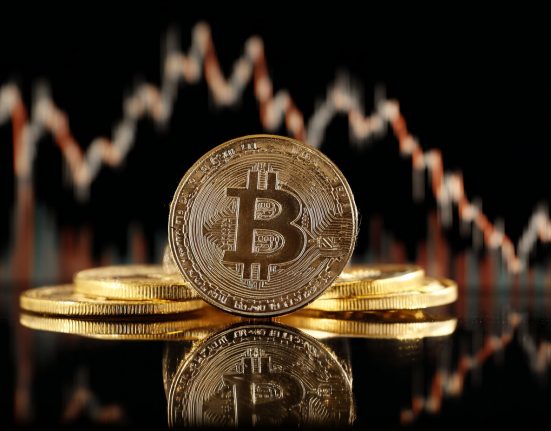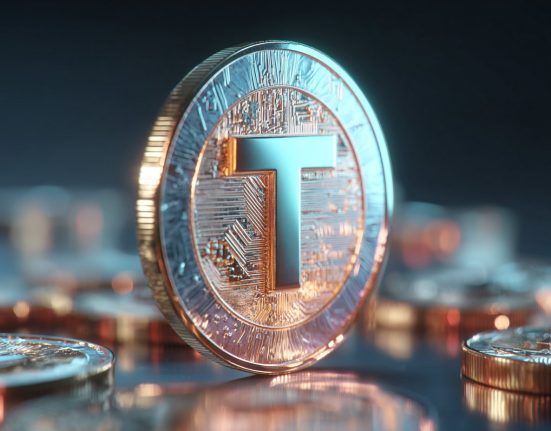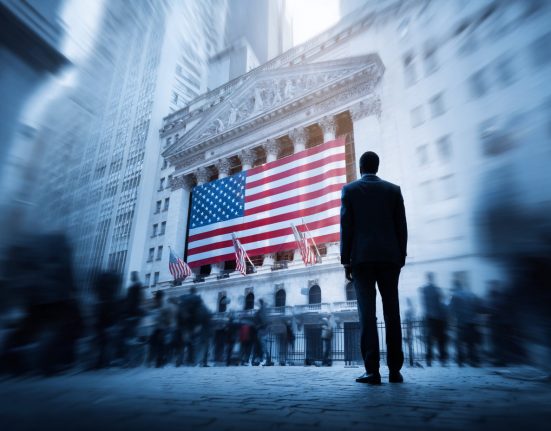Firms snapped up food and beverage companies using bundles of debt before interest rates started rising
Private-equity funds went on a buying binge for food companies before markets crashed in 2022. Now they have indigestion that is contributing to rising prices at the grocery checkout.
The funds snapped up a record 786 makers of food and beverages worth $32 billion in 2021, using bundles of debt to pay for their purchases, according to data from S&P Global Market Intelligence. The financiers projected that staple goods would keep making profits no matter how the economy fared. But that forecast changed, with the food industry soon hammered by higher labor costs, supply-chain disruptions and surging inflation.
Now food manufacturers are earning less cash to cover their heavy debt loads. The squeeze is heightening pressure to further raise prices that have skyrocketed over the past year. It is another example of how the Federal Reserve’s aggressive rate-raising campaign is shaking up every corner of the economy.
Food prices rose far faster than the 6.5% jump in the consumer-price index last year. Processed-food prices shot 14% higher last year, almost four times the 20-year annual average, while fruits leapt 18% and vegetables soared 51%, according to the U.S. Bureau of Labor Statistics.
Commodity shortages tied to the war in Ukraine and other crop and livestock failures explain some of the differential. Food manufacturers can also push through price increases faster because consumers tend to cut other spending before scaling back on what they eat, a key draw for private-equity firms.
Shoppers have been fighting back recently, downsizing some purchases and substituting cheaper brands for others. That can spoil the recipe for private-equity firms, which want to maximize profits but don’t want to raise prices so much that they lose market share to companies with smaller price increases.
Michael Dahill, a 20-year-old sophomore at the University of Dayton, stopped buying 12-ounce bottles of Tropicana orange juice at his school dining hall when the price went up to $3. He also cut eggs from his breakfast to stretch the meal plan he must make last until the end of the school year despite rising food prices.
“I was a big juice guy—orange juice,” Mr. Dahill said. “Now I stick to the water fountain.”
Private-equity firms own a small part of the food industry, but their share increased during a 2021 boom in leveraged buyouts when the firms scooped up all manner of companies.
In leveraged buyouts, private-equity firms buy their targets with some of their own cash but primarily by using money borrowed by the companies they purchase. It can work just fine when the economy is solid, though the acquired companies must pay large annual interest expenses to stay current on their new loans.
When the economy falters and interest rates rise simultaneously, things can go sour fast.
Loans borrowed by private-equity-owned companies typically float, meaning their interest payments move up and down with interest rates set by the Fed. Interest rates normally drop when economists begin to fear a recession, cutting the cost of the loans. This go-round, Fed Chairman Jerome Powell has given priority to raising rates to fight inflation, even as fears of recession intensify.
Paris-based PAI Partners bought a 61% stake in Tropicana Brands Group from PepsiCo Inc. in 2021. PAI planned to reboot with new products distributed through Tropicana’s relationships with large supermarkets, a person familiar with the deal said.
The private-equity firm paid about $3.3 billion, but $2.4 billion of that came from so-called “leveraged loans” borrowed by Tropicana, according to data from PitchBook. Investment banks sold the loans to debt investors like mutual-fund managers and managers of “collateralized loan obligations,” which are among the biggest buyers of risky corporate loans.
Labor shortages, rail-freight backups and fruit inflation struck in 2022. Tropicana raised prices and delayed deliveries, prompting customers to cut orders. The cost of the company’s buyout loans rose at the same time because of a roughly 4-percentage-point move in benchmark interest rates.
Tropicana had purchased financial contracts protecting itself against much of the rate increase, but its overall interest payments still climbed, which helped tip the company into negative cash flow, according to S&P Global Ratings. S&P cut its rating of Tropicana’s loans in January to single-B-minus, one of its lowest categories of junk debt.
Such downgrades often trigger knee-jerk selling by investors that have limits on how much low-rated debt they can own. Tropicana loans have dropped 7% this year to trade around 75 cents on the dollar, according to Solve Advisors. The lower price would make it harder for Tropicana to raise new funds if needed.
Tropicana has ample cash and credit lines to meet its obligations, and supermarket orders rebounded this year, the person familiar with the buyout said.
Price increases are a key tool for private-equity firms to boost profits at companies they acquire. They also help cover the cost of debt the new owners use to pay for the purchases and, in some cases, to enrich themselves.
Buyouts can generate returns above 20% for private-equity firms in good times. But when inflation rose last year, performance turned negative and private-equity firms lost an average of 9% through September, according to a report by McKinsey & Co.
“Multiple headwinds struck at the same time and they would be less pronounced if not for a combination of factors that often lead back to private equity,” said Christina Padgett, an associate managing director at credit-ratings firm Moody’s Investors Service.
In January, Moody’s slashed its rating of Dessert Holdings, a conglomeration of baked-goods brands that Bain Capital bought in 2021, the private-equity firm’s largest-ever food acquisition. The downgrade reflected commodity-cost increases and supply-chain disruptions, but also Bain’s decision to have the company borrow about $120 million more last year to buy additional brands.
Dessert Holdings used hedges to partially offset rising interest rates but is still at financial risk because of its “aggressive acquisition strategy under private-equity ownership,” Moody’s said in a report.
Bain put more cash into the cake maker last year to help fund its latest acquisitions, a sign of the investment firm’s faith in the long-term potential of the company, analysts said. Still, the extra debt gives Dessert Holdings less financial cushion to absorb future grain and dairy-cost increases, which could force it to raise its own prices again.
Another big buyout facing financial pressure is One Rock Capital Partners LLC and Metropoulos & Co.’s $4.3 billion purchase in 2021 of BlueTriton Brands, which owns Poland Spring water and other beverage makers.
The company doesn’t have interest-rate hedges to mitigate the impact of rising rates on its $2.4 billion buyout loan, according to a report by Moody’s, which downgraded BlueTriton to a low-junk rating on March 27.






